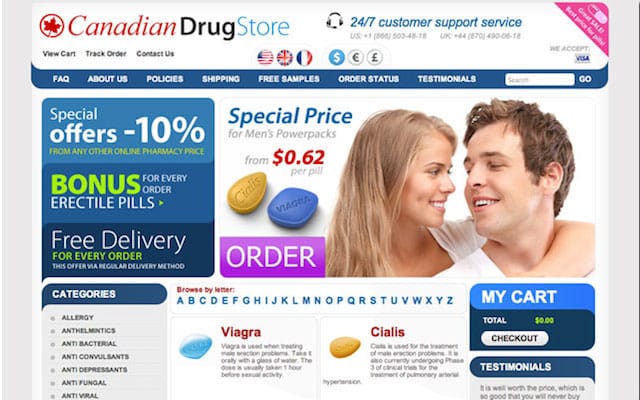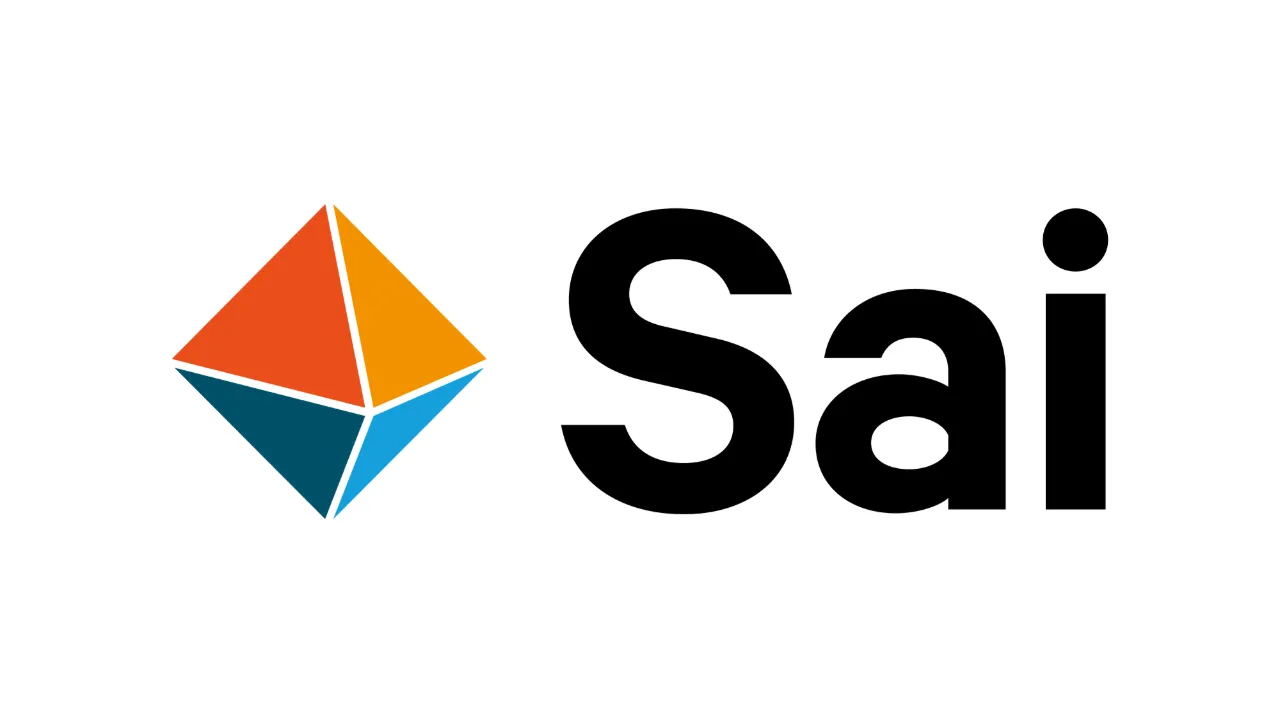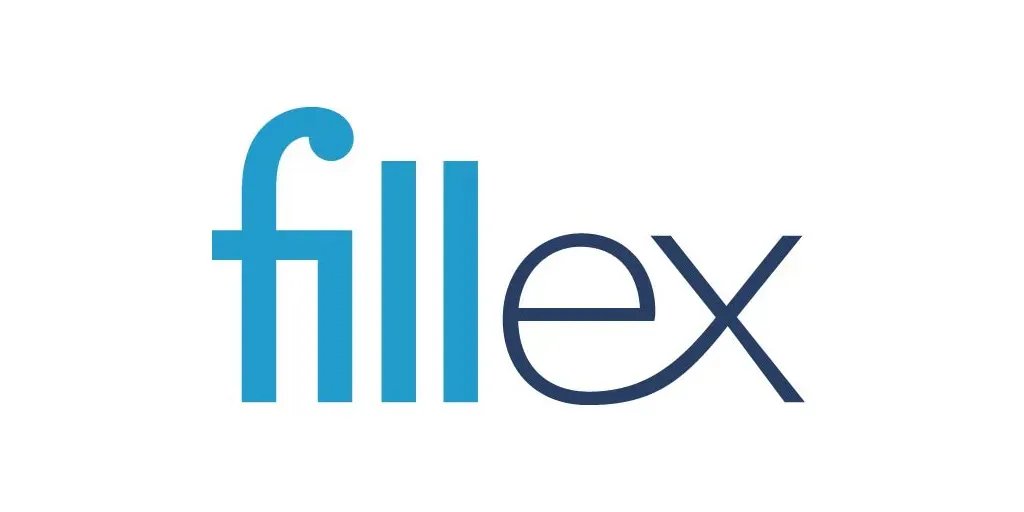WASHINGTON — The Alliance for Safe Online Pharmacies (ASOP Global), Center for Safe Internet Pharmacies (CSIP) and National Consumers League (NCL) have teamed up to educate seniors and their caregivers about the risks of buying prescription drugs from illegal online pharmacies.
The organizations said Monday that seniors are particularly vulnerable to illicit Internet drug sellers — also known as rogue online pharmacies — as out-of-pocket prescription drug costs for Medicare beneficiaries continue to climb. Most older Americans own a computer, smartphone or tablet, and nearly 60% use the Internet regularly.
What’s more, the groups noted, financial scams aimed at seniors, including counterfeit medicines sold online, are so prevalent that they are now considered “the crime of the 21st century” by the National Council on Aging. And the situation is becoming more pressing, with the U.S. senior population projected to grow 49.5% by 2030.

An illegal online “Canadian” drug seller.
“Ten thousand people turn 65 years of age every day in the U.S.,” ASOP Global executive director Libby Baney said in a statement. “Escalating costs for hundreds of drugs prescribed to treat chronic conditions not necessarily covered fully by Medicare make it more likely that seniors, who often are living on fixed incomes, will turn to the Internet to look for less expensive options.”
For 12 specialty drugs used to treat cancer, rheumatoid arthritis, multiple sclerosis and hepatitis C, Part D beneficiaries face at least $4,000 and as much as nearly $12,000 in annual out-of-pocket costs this for one drug alone, Baney added.
A recent review of more than 11,000 websites selling prescription drugs online to U.S. consumers revealed that about 96% don’t comply with U.S. laws. The research also found that half of medicines sold online are fake or counterfeit — containing little or no active ingredients and/or dangerous and often deadly poisons, such as floor wax, mercury, concrete, chalk, boric acid, road tar, paint or anti-freeze.
Interpol estimated that fake medicines are responsible for up to a million deaths annually worldwide, the groups reported.
“Our research shows that lower prices and convenience of shopping online are the two biggest factors driving consumers to the Internet, making older Americans easy targets for illegal online drug sellers offering ‘too good to be true’ discounts for fake or unapproved versions of the lifesaving medicines they depend on,” explained Marjorie Clifton, executive director of the Center for Safe Internet Pharmacies.

A policeman walks on a pile of fake drugs seized in Beijing.
“The criminal networks who develop fake websites have become very savvy in creating sites that are difficult to detect by even the most sophisticated consumers and law enforcement,” she pointed out. “This is why it is imperative that consumers are informed and our organizations are working together to do everything they can to shut down illegitimate sites.”
Sally Greenberg, executive director of the National Consumers League, added, “In addition to the health risks associated with buying prescription medicines online, the threat is further exacerbated by the fact that unknowing seniors provide these criminals with personal and credit card information, putting them at risk for fraud and identity theft.”
Online medication buying guidelines for seniors and their caregivers include avoiding websites that don’t require a valid prescription; sell prescription drugs simply by completing an online questionnaire; offer drastically discounted prices; lack a licensed pharmacist available for consultation; don’t display a physical street address; offer to ship prescriptions from other countries to the United States; and aren’t verified by the National Association of State Boards of Pharmacy (NABP).
The organizations said consumers can safely purchase prescription drugs online from sites ending in .pharmacy, which are verified by NABP. Online pharmacies that display the VIPPS (Verified Internet Pharmacy Practice Sites) seal have undergone NABP’s screening process.









